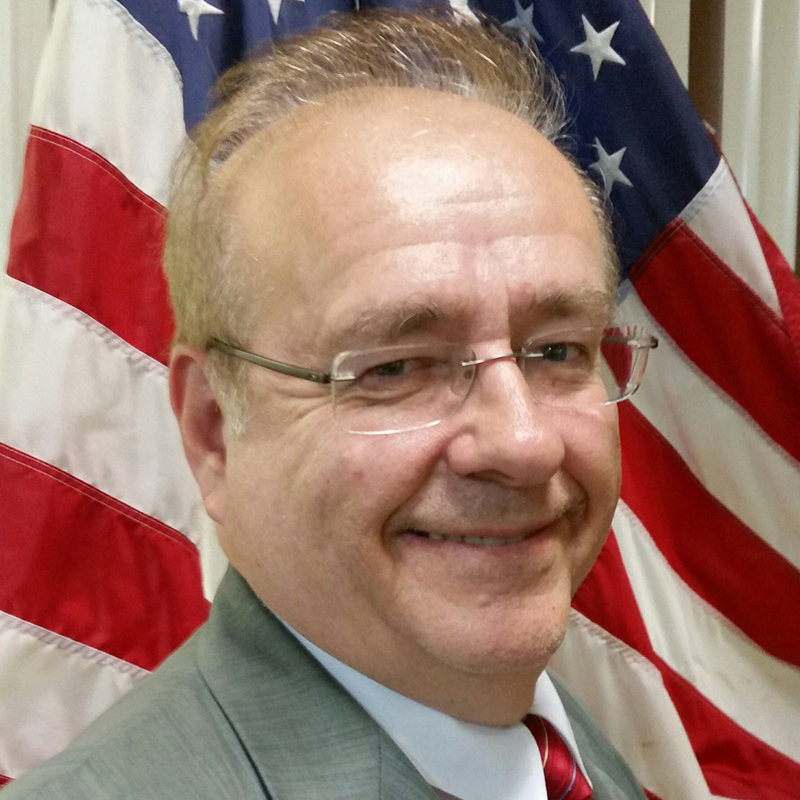Bayside Attorney runs for Judge
Bayside’s own Karen Lin will be in the running for Queens Civil Court Judge in the upcoming Democratic Primary on June 28.
Lin officially announced her candidacy back in April, kicking off her campaign with a show of support from local elected officials including U.S. Rep. Gregory Meeks, U.S. Rep. Grace Meng, State Senator John Liu, Assemblyman Edward Braunstein, and District Leader Carol Gresser.
With 25 yeast of legal and courtroom experience, Lin is running to increase representation in the judiciary and to make history as the first East-Asian American woman elected judge in Queens.
“As judges, our job is to serve the people,” Lin said in a statement. “I would love the opportunity to be someone who serves the people of Queens. This is my home, this is the place I love, and these are the streets I know. Representation matters, having people who are diverse on the bench matters.”
Last year, former NYS Assemblywoman and countywide Judge Michele Titus and Judge Laurentina McKetney Butler were elected to the New York State Supreme Court’s 11th Judicial District, leaving behind two open seats for Queens Civil Court Judge. Lin, along with attorney Thomas Oliva, were selected by Queens County Democrats to replace them.
On Monday, May 23, a press conference was held in front of the Chinese Consolidated Benevolent Association to announce U.S. Rep. Nydia Velázquez’s endorsement of Karen Lin for Queens Civil Court Judge.
“We need judges on the bench that can relate to the people over whom they preside,” Velázquez said during the press conference. “We need diversity on the bench as it is an essential component of a fair and impartial judiciary. Bringing a range of experiences and perspectives allows judges to make better-informed decisions and increases public confidence in their rulings.”
Lin began her career as a civil rights and family law attorney at a small firm, representing families in New York City Family Court and the State Supreme Court. She subsequently left for an opportunity to work for New York State Senator Catherine Abate in lower Manhattan.
From her experience, she gained new insight into the needs of New Yorkers regarding issues such as affordable housing, fair wages, and labor rights, which she hopes to bring to the table if elected to the Queens Civil Court.
“I am deeply honored by Congresswoman Velázquez’s endorsement and support for my civil court race. In the most diverse county of Queens, Asian Americans remain vastly underrepresented in the judiciary,” Lin said in a release. “This is why I’m running. A qualified judiciary is more than just the sum of their professional experience. A judiciary that reflects the community it serves is the most legitimate and effective option. My commitment is and will always be the same: ensuring equal justice under the law for all.”
The Democratic Primary election will be held on June 28.






